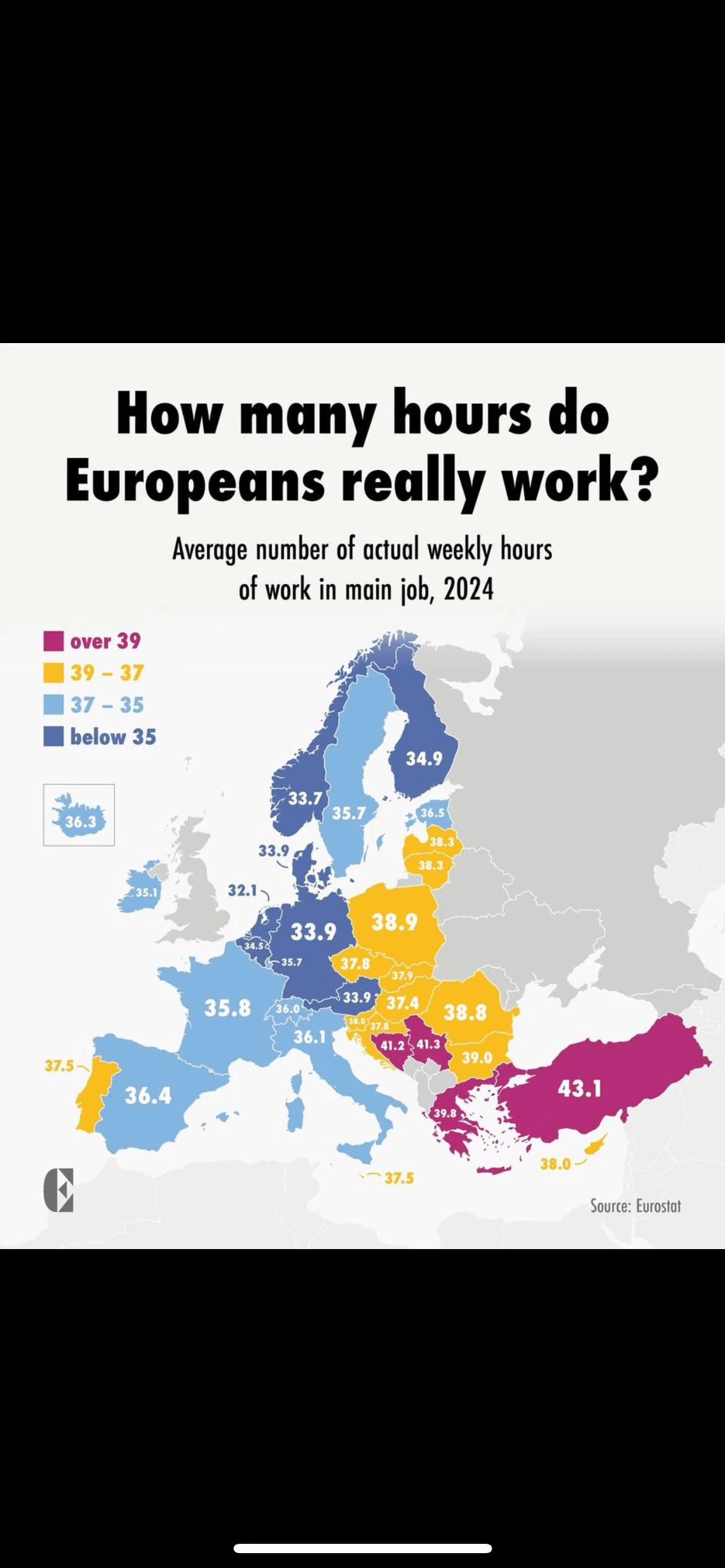this post was submitted on 05 May 2025
208 points (88.0% liked)
YUROP
2477 readers
8 users here now
A laid back community for good news, pictures and general discussions among people living in Europe.
Topics that should not be discussed here:
- European news/politics:
- Ukraine war: [email protected]
Other casual communities:
Language communities
Cities
Countries
- [email protected]
- [email protected]
- [email protected]
- [email protected]
- [email protected]
- https://feddit.dk/
- [email protected] / [email protected]
- [email protected]
- https://lemmy.eus/
- [email protected]
- [email protected]
- https://foros.fediverso.gal/
- [email protected]
- [email protected]
- Italy: [email protected]
- [email protected]
- [email protected]
- [email protected]
- [email protected]
- Poland: [email protected]
- [email protected]
- [email protected]
- [email protected]
- [email protected]
- [email protected]
- [email protected]
- [email protected]
founded 1 year ago
MODERATORS
you are viewing a single comment's thread
view the rest of the comments
view the rest of the comments

Both this and the OP seem kinda confused, honestly.
The working hours argument was never an argument in the first place, at least at the level of government policy. This chart was used to dispell some myths among the population, but it wasn't particularly new information for anybody making policy even at the time.
If anything, a frequent clarification in the impacted countries was that this shows a productivity issue in some of the Southern countries, where more hours and less output is an issue. And yes, the weight of retail and service industry jobs has an impact on that. Also, to my knowledge, this IS about actual worked hours, not contracted hours. These numbers don't match contracted hours per country, and were bandied about to explain why excess overtime damages productivity, not the other way around.
None of this had much to do with austerity, beyond promoting or dispelling some stereotypes. Austerity was about investment and public spending and was demonstrably, patently some bullshit. Dogmatic German-style (and Dutch and British, don't think I've forgotten) anti-spending policy proved itself counterproductive, useless and imprevious to facts, as the US kept cranking up investment, particularly under Democratic administrations, and outpacing European growth.
Which is not to say that Southern economies didn't need reforms for productivity and increasing employment. But those reforms weren't about cutting spending or public investment, beyond plugging the hole the housing and investment crisis left behind.
Thanks for putting the effort to detailing this.